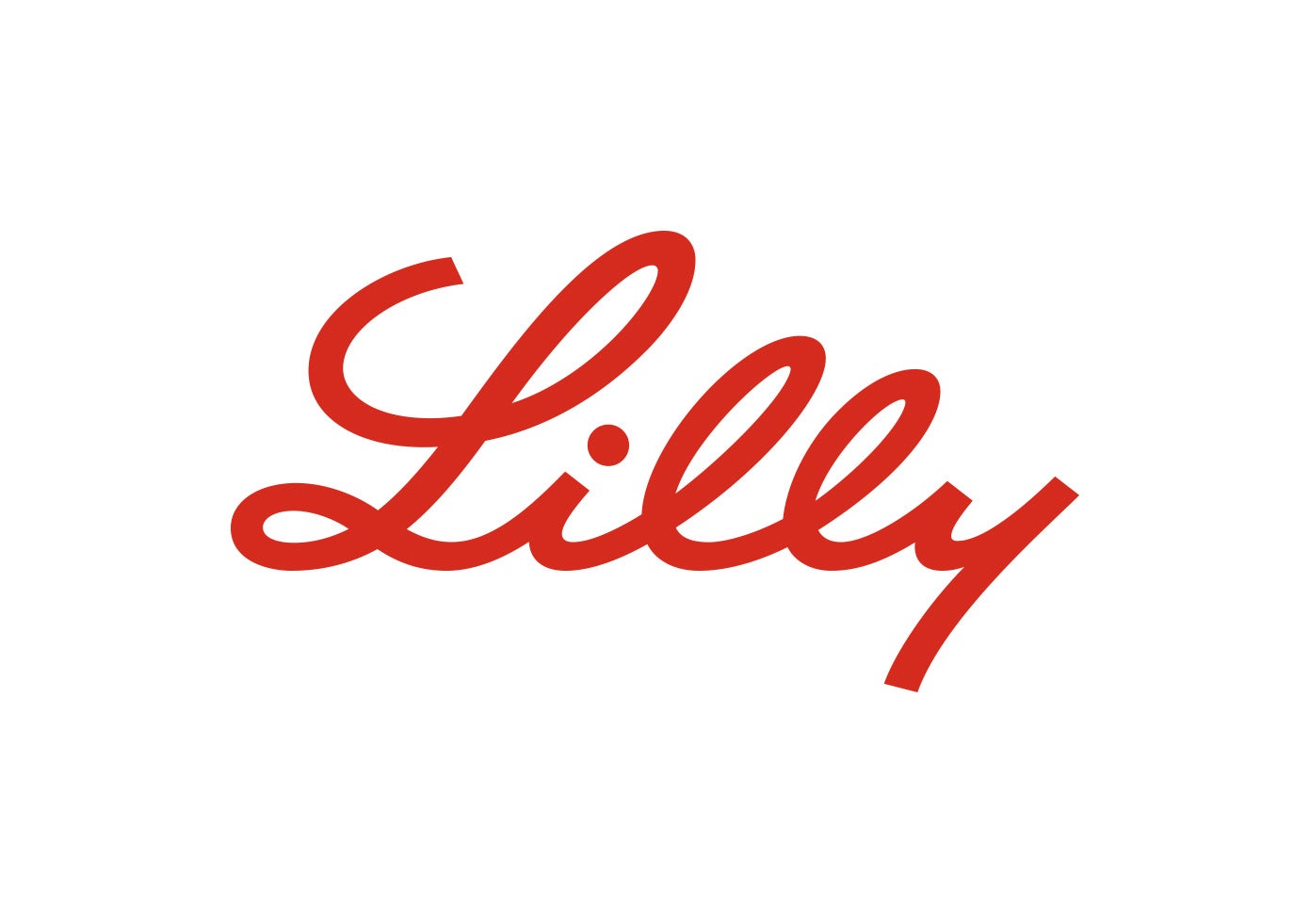
This article has been paid for and developed by Lilly.
As the UK general election approaches, Dr Emily Pegg, medical director for Northern Europe at pharmaceutical company Lilly, emphasises the need for the next government to address some of the UK’s major healthcare challenges to create much-needed fiscal headroom.
The case for change
Within two decades, the number of people living with major illness in England is projected to increase by over a third, which would have a devastating impact on human health and impose a significant economic burden on society.
Take three of the largest healthcare challenges facing our society: obesity, cancer and dementia. Every single year, these conditions combined cost the UK economy £190bn. The predicted rise in ill-health across the country will exacerbate this economic burden and create unsustainable pressure on the NHS.
Immediate action is required from the next government to tackle the biggest health challenges facing society and prevent public health and economic crises.
Turning the page
A collaborative approach involving the NHS, the government and the pharmaceutical industry has the potential to transform the NHS from a service that primarily treats late-stage illness to one that promotes and maintains people’s health by stopping or delaying disease. Secondary prevention of long-term conditions must become as critical as primary-prevention public health initiatives if we are to improve the health of our society and economy.
Obesity is a chronic and progressive disease that is a driver of other diseases. It is an established risk factor for 13 cancers and can increase the risk of dementia in later life by 30 per cent. People living with obesity are also twice as likely to be off work due to sickness. Appropriate prevention and management of obesity could save the NHS a staggering £2bn annually and improve Britain’s economic productivity by helping people remain in or return to work.
Dementia is another area that must be prioritised, with total costs on patients, families and the public sector predicted to be £42bn in 2024. Unpaid care is the largest component, with costs per person increasing threefold from mild to severe dementia. To provide the best possible care to people living with Alzheimer’s disease – the most common form of dementia – we need systems that consider the financial impact on society such as informal care and lost productivity.
Looking at cancer, without action to achieve timely diagnoses and reduce the burden of breast cancer, which is the most common cancer in the UK, the annual cost to the UK economy is estimated to reach £3.6bn by 2034.
Through bolstering routine care for major illnesses and shifting the focus towards timely diagnosis and treatment, the next government can turn the page on the nation’s poor health and make a real difference to the economic impact of these conditions.
The opportunity
The time for a bold, transformative approach is now.
The next government must rise to the challenge, working closely with industry to implement targeted interventions with proven effectiveness in reducing long-term costs. At Lilly, we are deeply committed to partnering to transform care for people across the country while ensuring efficient use of NHS resources.
With the long-awaited Major Conditions Strategy likely to be kicked into the long grass, the need for action on conditions like obesity, cancer and dementia has never been greater. Without this, deteriorating national health and ever greater costs are at risk of becoming entrenched in our health and economic systems.
Job code: June 2024 PP-LN-GB-0083




